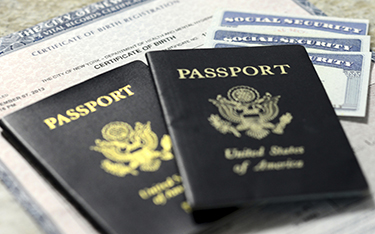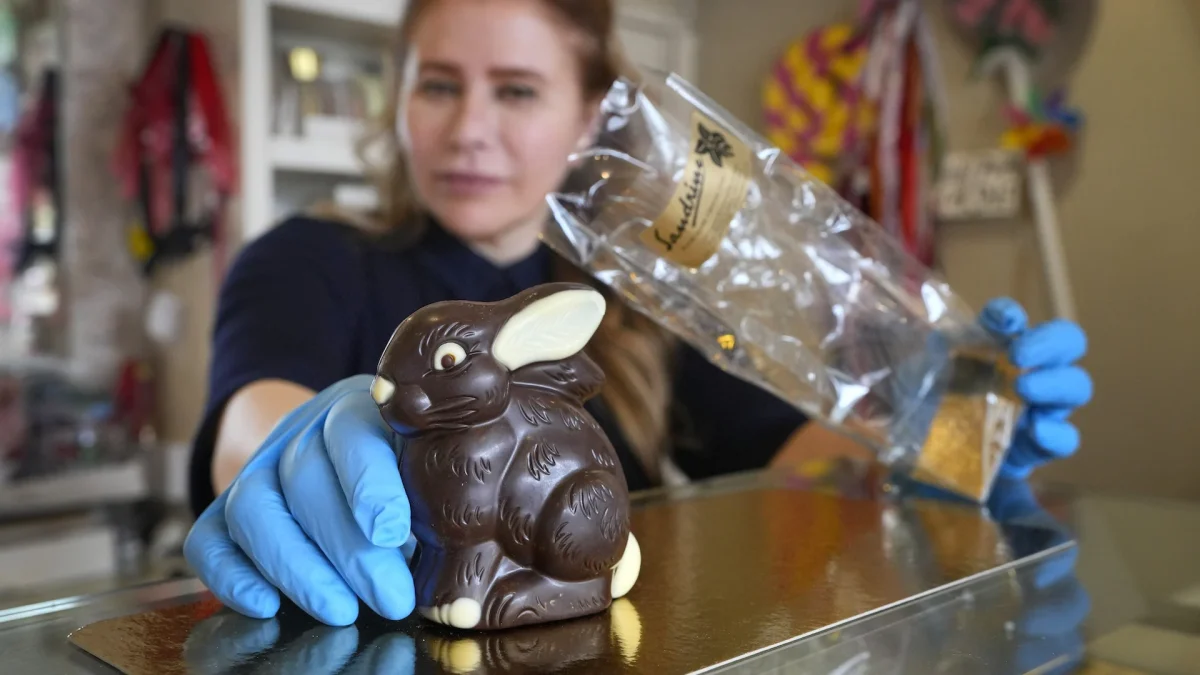The southeastern state of Florida is nicknamed The Sunshine State. However, this is no longer an accurate name in light of recent events. The state had persevered through several hurricanes over the years, including the latest, Hurricane Helene, which occurred in September of 2024. But that was not the end of this state’s extreme weather.
On Tuesday, January 21, a massive snowstorm struck the US Gulf Coast. Icy blasts froze roads and blanketed cities in layers of snow. Texas, Louisiana, Mississippi, Alabama, Georgia, and Florida all broke their previous snowfall records.
As a result, airports needed to cancel over 1,800 flights, and in Louisiana, Interstate 10—a 150-mile stretch of road—was closed due to impassable conditions. In addition, almost 30 other roadways have been closed, one of them being the longest bridge over water in the US, Lake Pontchartrain Causeway. Fourteen snow plows from an Indiana-based company have been employed to help manage the situation.
Unfortunately, these harsh conditions have also led to a total of 11 driving-related deaths from poor visibility and sliding vehicles. The Georgia State Patrol scrambled to respond to over 100 vehicle crashes in 14 hours. Also, many more deaths are assumed to be caused by the freezing weather. The bitter cold puts the homeless at high risk of hypothermia. One family found a woman taking refuge in their dog shelter, explaining that she had nowhere else to go. They hesitated to let a stranger into their home but knew they had to help her. Daniel Vertiz, one of the people who took the woman in, said, “Who knows what could have happened if she were left out on the streets?”
Authorities are doing everything they can to keep the public safe, yet it is a demanding task. A Georgia Department of Transportation (DOT) Commissioner Russell McMurry told CNN, “This is a highly unusual winter weather event impacting nearly three-quarters of the state, and our crews cannot be everywhere at once. Georgia DOT will need time, ability to access the roads to treat or plow, and warmer temperatures working in our favor to help restore and maintain passable conditions.”























